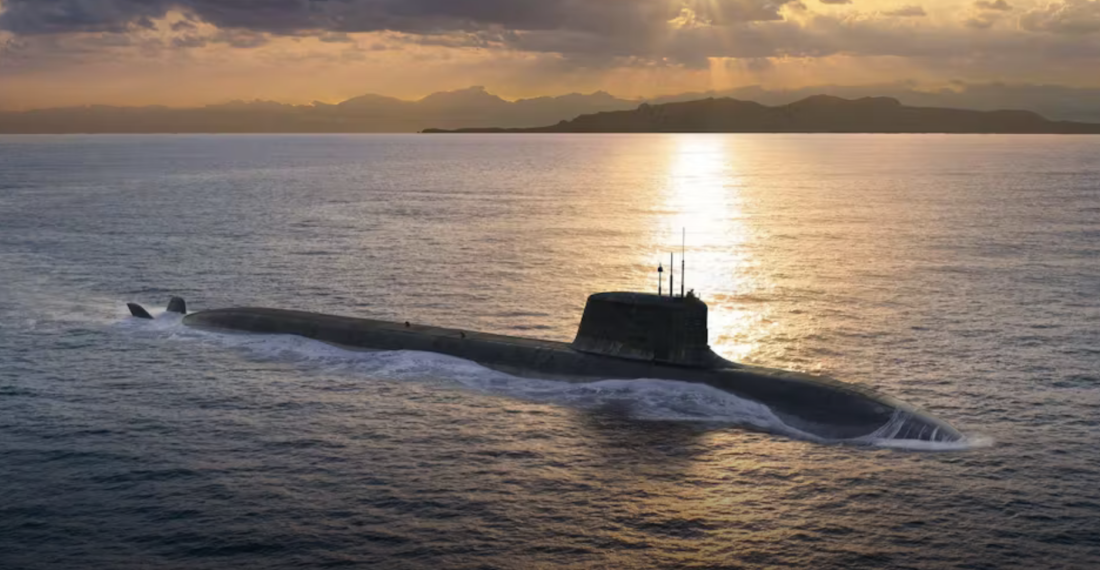The British government has announced plans to increase the size of its fleet of nuclear-powered attack submarines. At least twelve next-generation vessels are set to be built.
Although they will be powered by nuclear energy, they will be equipped with conventional, non-nuclear weapons. According to a statement from the Ministry of Defence, the new submarines will replace the current fleet of seven.
'We know that the threat is growing, and we must act decisively to counter Russian aggression,' said British Defence Secretary John Healey. In addition to these submarines, the United Kingdom has a separate fleet of nuclear-armed submarines.
According to the government, the expanded fleet is to be delivered as part of the AUKUS trilateral agreement with the United States and Australia. The new submarines will be constructed in Barrow-in-Furness and Raynesway in Derby. One new submarine will be built every 18 months, maintaining a consistent production rate that will generate 30,000 skilled jobs across the UK and double the number of apprenticeships and graduate positions over the next decade.






